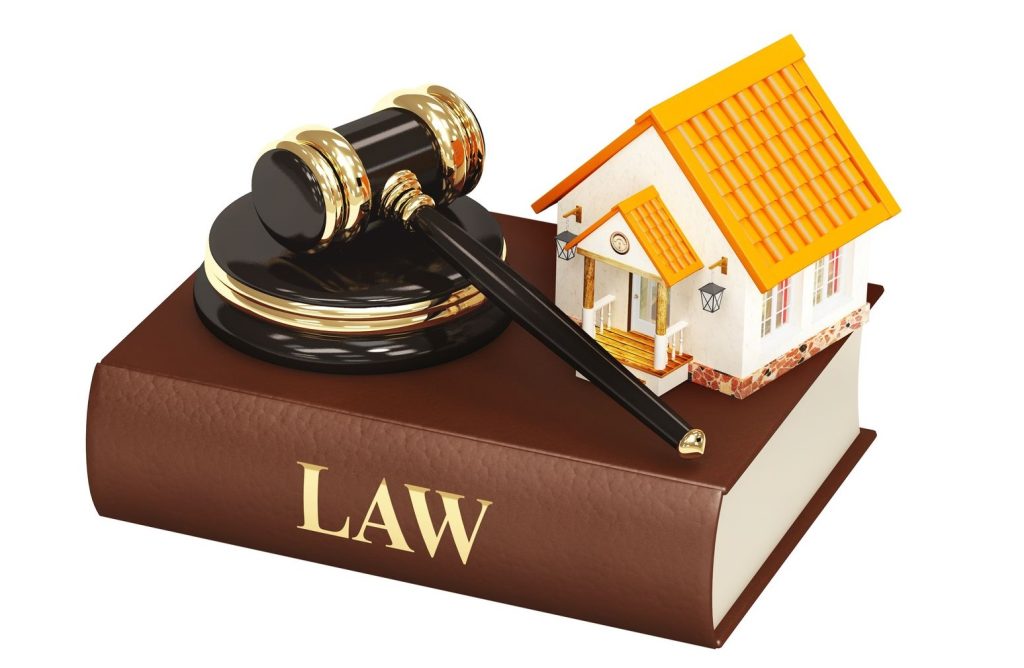Knowing Property Law: Important Realizations for Every Homeowner
For both new and experienced homeowners, negotiating the realm of property law may be intimidating. To guarantee the security and pleasure of your house, nevertheless, you must grasp these legal doctrines. This article will help you better manage your property with confidence and peace of mind by simplifying the main ideas of property law every homeowner should be acquainted with.
Types of Property Ownership
Understanding the many forms of ownership is one of the first things one learns about property law. These consist of:
- Under freehold ownership, you own the ground and the house it stands on always. Maintaining their Assets and any accompanying land falls on freeholders.
- Leasehold ownership is the arrangement wherein you, as stated in a lease agreement, own the Asset for a certain duration but not the land it sits on. Ownership flips to the freeholder when the lease ends. Ground rent may be paid by leaseholders, who also have to follow certain conditions specified by the freeholder.
Title deeds’ significance
- Legal documentation proving property ownership is title deeds. They provide vital details about the Assets, including their limits and any legal constraints. Ensuring your title papers are exact and current can help prevent conflicts and difficulties when you sell or pass ownership.
Comprehending Easements and Covenants

Two often-used legal ideas that might impact property usage are easements and covenants:
- Easements are rights granted to use a piece of someone else’s property for a certain function, like a road or utility access. Since easements may affect Asset value and use, it’s crucial to know if any apply to your land.
- Agreements or obligations penned into deeds limiting the use of Assets are known as covenants. They could include restrictions on conducting a company from home or adding expansions. Knowing any covenants influencing your Asset can help you stay out of legal hotlines and keep friendly relationships with neighbours.
Conveying’s Function
Conveyancing is the legal method of transferring property ownership from one individual to another. This calls for multiple phases: Asset research, legal document preparation, and making sure all financial details line up. Employing a competent conveyancer or attorney can assist in expediting this procedure and aid in avoiding any legal hazards.
Any homeowner must grasp property law. Familiarizing yourself with the many forms Assets ownership, the value of title documents, and the consequences of easements and covenants can help you to better manage your land. Understanding conveyancing’s importance also guarantees a seamless ownership transfer when purchasing or selling real estate. Equipped with this information, you will be more suited to negotiate the complexity of property law and fully enjoy homeownership.

